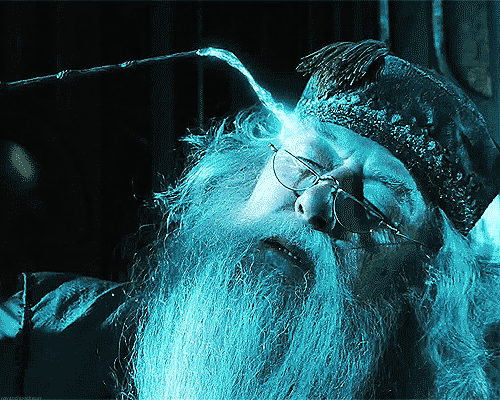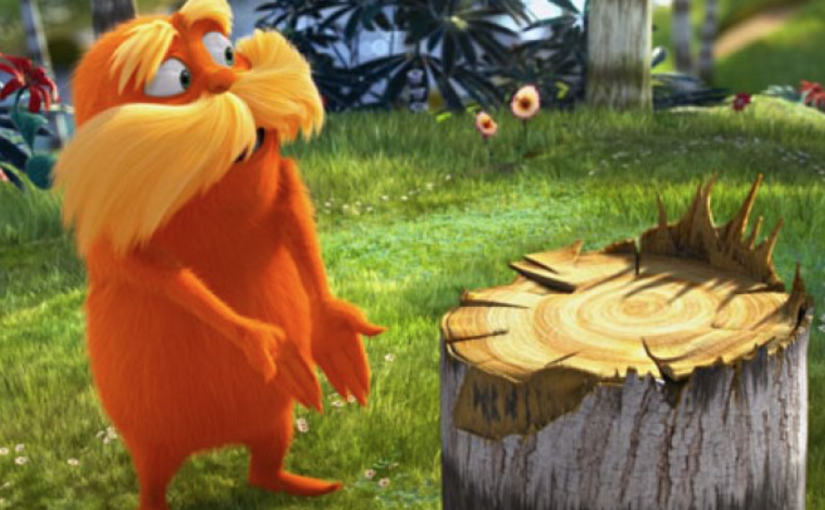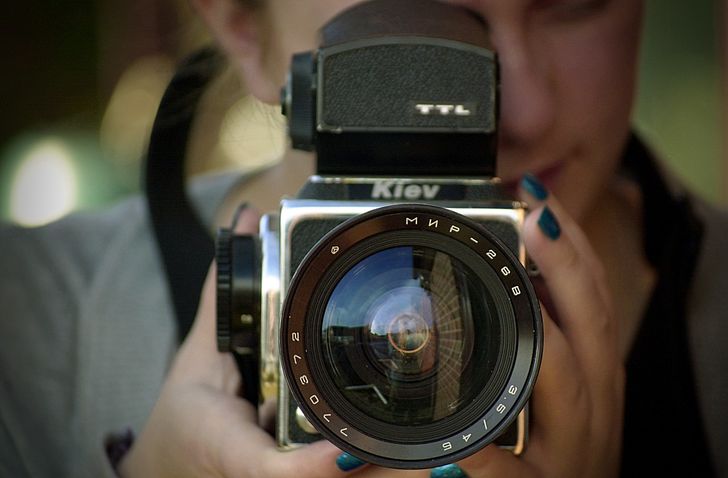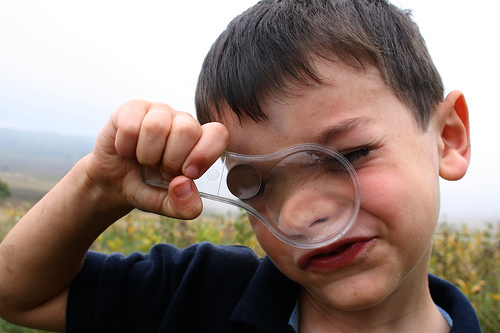Many thoughts from today’s class:
technological determinist – being controlled by technology//what we do is determined by technology. We can choose if it controls us though, but it takes effort? i.e. controlling ourselves from not answering the phone.
 Cinema’s definition of “a story”. Having a resolution. La La Land – how it didn’t end in the typical Hollywood way where “boy meets girl, they get together and stay together” they go their own paths and they have successes, and some failures, their lives do not “end” in the movie but they move on, they had that moment in both character’s lives, but it was just “that one time”. Much like how in life we meet different people at a time in our life, this class for example, and we become friends and work together and have shared goals and dreams, but because the semester ends, our relations end. (cinema’s attempt at breaking out of the narrative.) <– is this way of trying to relate/understand things in terms of ‘life’ no good? too general?
Cinema’s definition of “a story”. Having a resolution. La La Land – how it didn’t end in the typical Hollywood way where “boy meets girl, they get together and stay together” they go their own paths and they have successes, and some failures, their lives do not “end” in the movie but they move on, they had that moment in both character’s lives, but it was just “that one time”. Much like how in life we meet different people at a time in our life, this class for example, and we become friends and work together and have shared goals and dreams, but because the semester ends, our relations end. (cinema’s attempt at breaking out of the narrative.) <– is this way of trying to relate/understand things in terms of ‘life’ no good? too general?
Teleology and death. Is death the great inevitable ending; the specific conclusion for where we end up? Some might argue yes, but do we actually live like death is the end of our story? Do we see every event in our life as one that helps us progress towards our end, that is death? Yikes, what a thought!
zooming out vs zooming in – how far can we go? How deep can we go? How do we come to a stop? Do we even get to decide when we stop? – constraints on number of pages you print, how much time you have to write, how much information is available to you. You can’t have a book that doesn’t have a last page, it cannot not end. The media we put it on is finite, and has to have an end. (what about the internet cloud? – I guess, the amount of terabyte space that it needs?)
 What about our brains? The amount that our brains can contain seems to be infinite – or is it constrained by memory? though memory itself is but information recall; the process of bringing it up from the depths of stored knowledge to the “viewing platform”. How do you keep knowledge? how is it entered in? Does it grow over time? Does it need to be fed? Are there compartments, or are they all in a big heap? Is a memory different from knowledge?
What about our brains? The amount that our brains can contain seems to be infinite – or is it constrained by memory? though memory itself is but information recall; the process of bringing it up from the depths of stored knowledge to the “viewing platform”. How do you keep knowledge? how is it entered in? Does it grow over time? Does it need to be fed? Are there compartments, or are they all in a big heap? Is a memory different from knowledge?



 Cinema’s definition of “a story”. Having a resolution. La La Land – how it didn’t end in the typical Hollywood way where “boy meets girl, they get together and stay together” they go their own paths and they have successes, and some failures, their lives do not “end” in the movie but they move on, they had that moment in both character’s lives, but it was just “that one time”. Much like how in life we meet different people at a time in our life, this class for example, and we become friends and work together and have shared goals and dreams, but because the semester ends, our relations end. (cinema’s attempt at breaking out of the narrative.)
Cinema’s definition of “a story”. Having a resolution. La La Land – how it didn’t end in the typical Hollywood way where “boy meets girl, they get together and stay together” they go their own paths and they have successes, and some failures, their lives do not “end” in the movie but they move on, they had that moment in both character’s lives, but it was just “that one time”. Much like how in life we meet different people at a time in our life, this class for example, and we become friends and work together and have shared goals and dreams, but because the semester ends, our relations end. (cinema’s attempt at breaking out of the narrative.)  What about our brains? The amount that our brains can contain seems to be infinite – or is it constrained by memory? though memory itself is but information recall; the process of bringing it up from the depths of stored knowledge to the “viewing platform”. How do you keep knowledge? how is it entered in? Does it grow over time? Does it need to be fed? Are there compartments, or are they all in a big heap? Is a memory different from knowledge?
What about our brains? The amount that our brains can contain seems to be infinite – or is it constrained by memory? though memory itself is but information recall; the process of bringing it up from the depths of stored knowledge to the “viewing platform”. How do you keep knowledge? how is it entered in? Does it grow over time? Does it need to be fed? Are there compartments, or are they all in a big heap? Is a memory different from knowledge?